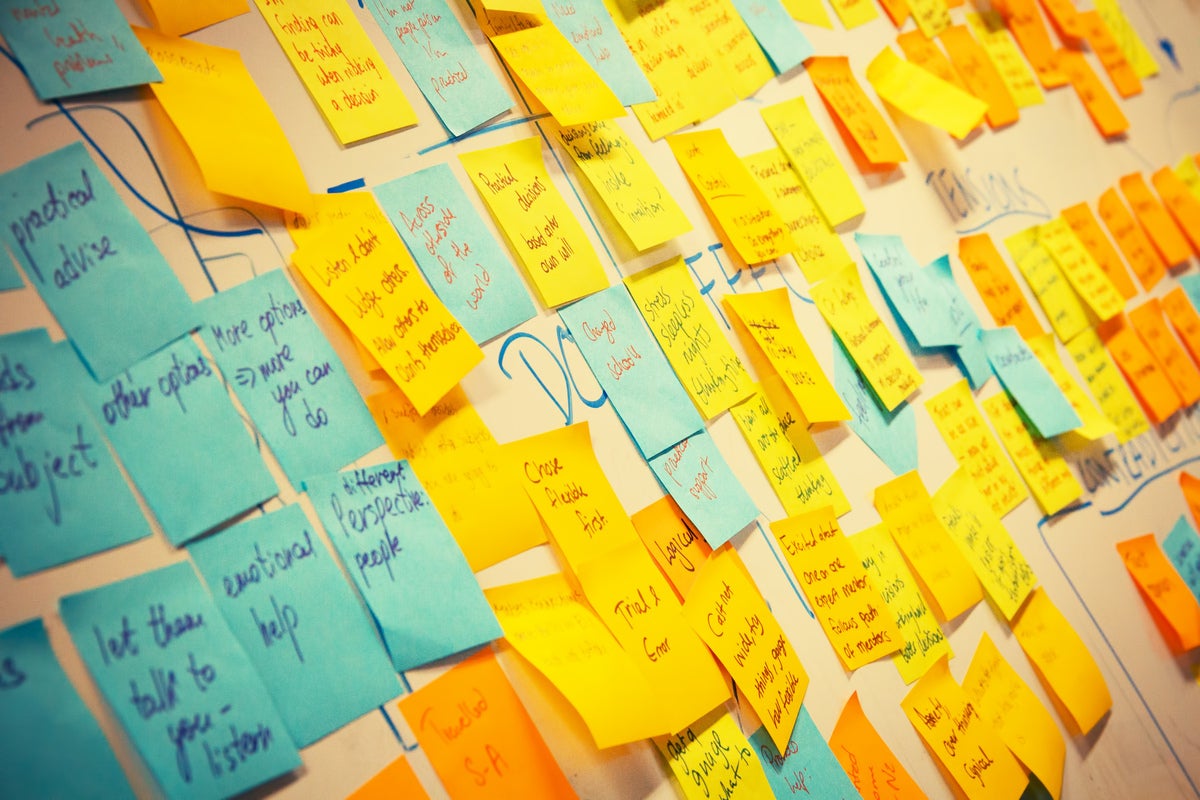We all take notes. Since grade school, we’ve scribbled down the main points of what we’re learning so we can access that information later. Suddenly, the power of note-taking is about to increase 100-fold.
Major existing data-container products such as Box, Dropbox, Notion, and thousands of new tools now use generative AI to let you query your own data.
Google believes this idea is great for note-taking, too. So, the company is working on something called NotebookLM (the LM stands for language model — like a large language model without the dataset being necessarily large). NotebookLM is now a beta, and you can get on the waitlist to try it here.
(If you can’t wait to get into the beta program, you can try something more or less in the ballpark — Unriddle. This online app lets you dump all kinds of information into a web app that feels like a cloud-based word processor. Once your information is there, you can converse with it in a chatbot-like format. Unriddle costs money, but you can try it free.)
How Google’s NotebookLM works
In the pre-AI era, we would go to meetings and summarize key points in our hand-written notes, which we could refer to later to remember what was said. Summarization was a human task, and the mental process helped us engage with and remember the content. NotebookLM’s key feature is that it does the summarization for you, essentially handing you the key points from more complex and wordy sets of information.
To use NotebookLM, you create a project, which might be a category of knowledge — say, trends in solar energy over the past decade. Then, the app encourages you to import up to five sources of information from your Google Docs (no doubt with other data locations supported in future versions) that can be 10,000 words long each.
Once your data is imported, you can use NotebookLM like it’s ChatGPT, chatting with it and requesting information, summaries, analyses, lists, conclusions or whatever else you’re looking for.
NotebookLM also generates something called a “source guide.” And you can click buttons to get a summary, a quiz or have the app generate “new ideas” based on your dataset.
This is an interesting shift. In the past, the cognitive chore of summarization was the main way people internalized and learned the information being presented to us. Now, we can take a quiz to learn it.
NotebookLM can also draw on its own knowledge in certain circumstances. Google is working to make sure any data it brings to the table in NotebookLM is free of error and hallucination.
It’s not clear (and it appears that Google itself hasn’t decided) exactly how its NotebookLM project will appear in the realm of actual products. It could become a discreet notebook app. Or the functionality might be baked into existing products like Google Docs or Notes. Or both.
Google has announced adjacent products, including Duet AI; it can auto-summarize meetings and create action items,…
2023-09-09 05:24:02
Article from www.computerworld.com rnrn




















